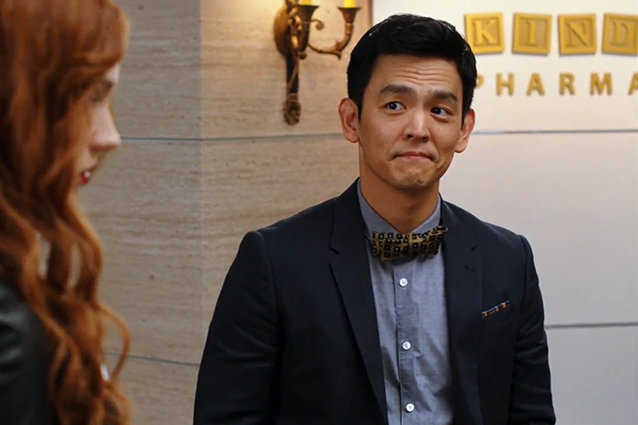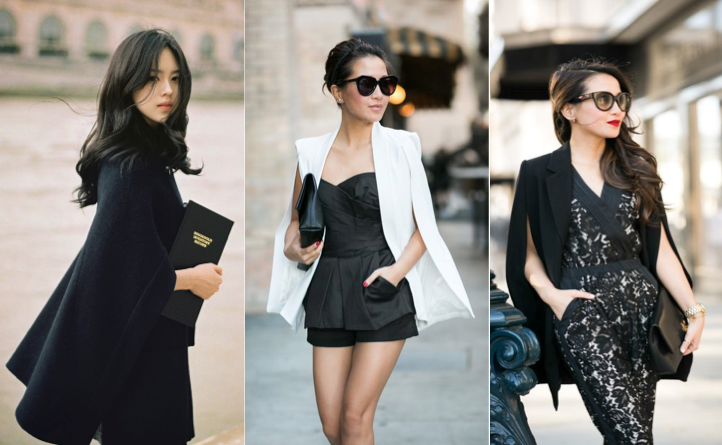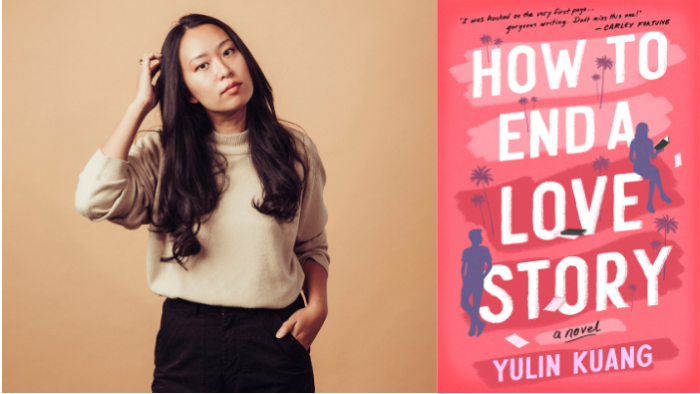Selfie put together one of the most promising interracial couples on television in the past ten years so it’s easy to understand the general dismay over its quick cancellation. There was protest over the internet, petitions made and many articles about ABC’s decision to pull the new show. And there is reason for it: Selfie was just getting good.
The show had begun to grow out of the initial premise of “the internet sucks and this is why,” and instead became more about the on-screen leads’ friendship and ability to help each other develop. John Cho and Karen Gillan’s characters had occasional moments of intense on-screen chemistry and fun. Their relationship, at its core, was a friendship first.
So why is it important to care about this? Well just take a look at the stereotype of the Asian American man on television in 2007:
“When I was growing up, I was very much influenced by what I saw, and more importantly what I didn’t see on television.” said winner of reality TV show Survivor: Cook Islands, Yul Kwon. Whenever Kwon saw an Asian man on television, he was a kung-fu master who could kick ass but couldn’t speak English. Or a computer geek who could figure out algorithms, but who couldn’t get a date. As Kwon grew up, he began to realize that there were many more shades to an Asian American male than what was represented on television.
Seven years later, the video of this conference is still relevant. Sure, strides have definitely been made thanks to a range of Asian actors such as Steve Yeun and Danny Pudi. In fact, the conversation has extended itself to Asian American females in entertainment as well.
However, the de-sexualization of Asian men has not been cracked wide open as much as it has been separated. So far, Asian American males on television were either de-sexualized or pointedly given a loveline. Asian American actors still teeter on the edge of meeting the Western definition of a man, but we’re still missing a seat at the table of owning the agency to change that definition. As San Francisco Chronicle’s Jeff Yang says in the video, “Coming from my own perspective…every time I hear people say ‘Oh you know, Asian American men shouldn’t be portrayed as geeky-looking and having glasses, and being nerdy and all this,’ I’m like, ‘You guys are, like, protesting in front of my mirror.'”

Which brings us back to Selfie. The goal right now is not what is the right kind of representation for Asian Americans, but instead, let’s try to represent as many Asian Americans as possible. John Cho’s character Henry was one that had seldom made it on-screen. Yes, he was a romantic lead, but sometimes he rhymed when he spoke. Sometimes he sold pharmaceuticals. Sometimes he was neat. He didn’t like Facebook, he had vulnerabilities and things to learn, and his role was fully inhabited by Cho. He had depth and intricacies beyond Hollywood’s cookie-cutter Asian American male.
The good news is that a character written like Henry made airtime and the show developed a solid fanbase. The so-so news? There is still progress to be made in sustaining characters once they developed. The de-sexualized, the international, the John Chos — there are still more Asian American characters waiting to be created and the cancellation of Selfie took a character who was not de-sexualized and not “made only here for a loveline,” but instead something in the charming middle, and set it aside.








